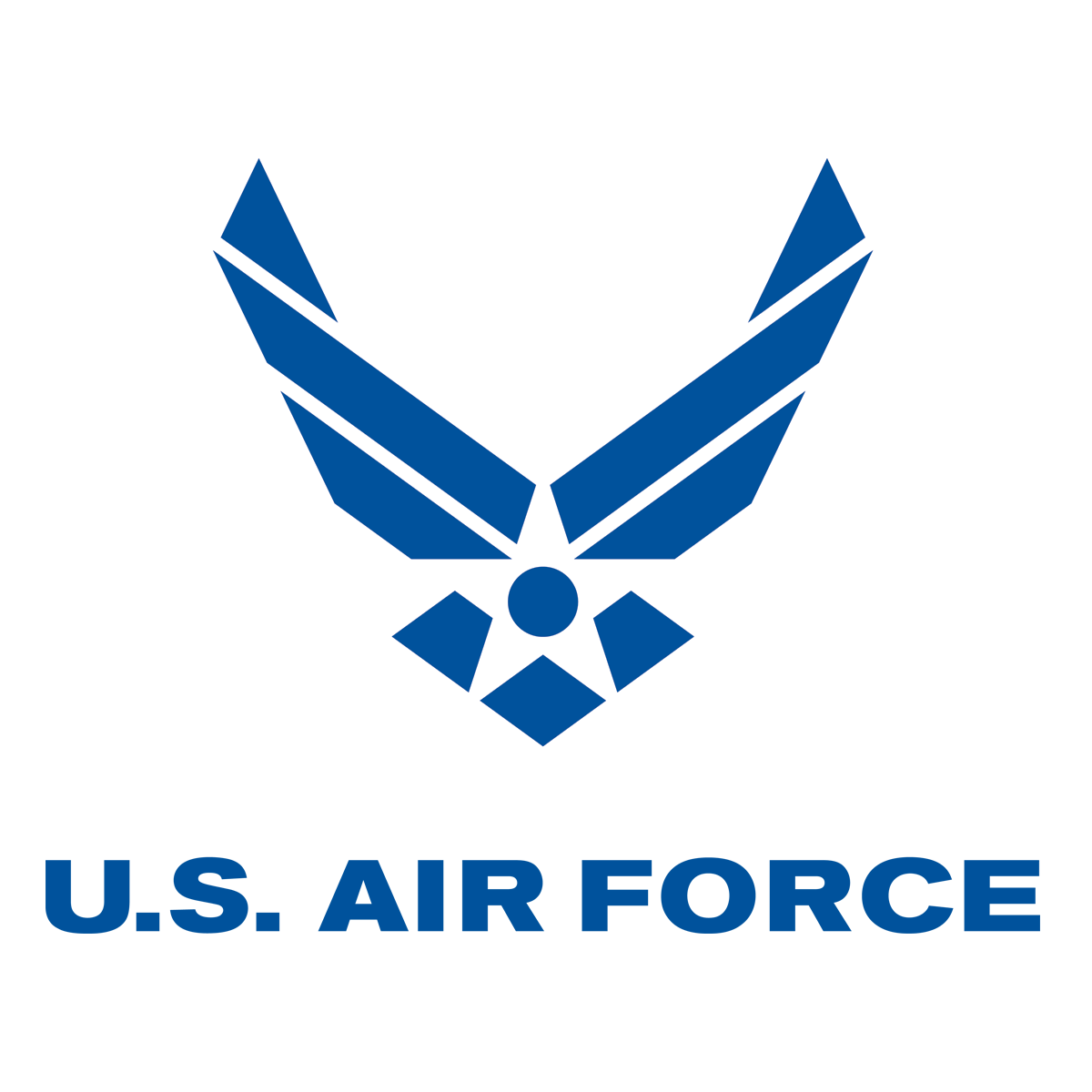Military Air Traffic Control Managers
Military Career
General Information
Description
Air traffic control managers oversee the operations of airfields and control centers, both on land and at sea, that direct the tactical employment of aircraft during combat or noncombat missions. They prepare flight operations plans and monitor the maneuvers of aircraft in and out of the airspace. They train, establish standards, and conduct operational evaluations to manage unit training and performance standards that ensure airfield operations personnel possess required job skills.
Explore this career outside the MilitaryWork Environment
Air traffic control managers work in air traffic control towers and centers at airfields and aboard ships.
Workplace at a Glance
What you can expect to experience while on the job
- Responsibility
- Exposure to job hazards
- Physical activity
- Decision making
- Repetitiveness
- Level of competition
- Time pressure
Comparable Industries
- Transportation, Distribution & Logistics
Military Outlook
Service Branches
Jobs in this career field may be available in other service branches. Call or email a particular branch for more info.
Military Status
- Officer
- Managerial/professional
- College degree required
Military Workforce
Air Traffic Control Managers in the Military
25,642
Salary
Salary Information
Median Military Salary This is the median, or the midpoint, of the salary range for this career.
$115,095
Military Salary Range Salary varies based on years of service, degree level, special pays, family status and location. Learn more about Military benefits.
$23,019 - $502,205
What makes up a Military salary?
Military salaries include a lot more than just base pay.
They also offer:
- Housing allowances
- Subsistence allowances
- Special and incentive pays
- Cost-of-living allowances
- Hazardous-duty pay
- Bonuses
Learn more about what goes into a salary with the compensation estimator
Learn more about military insurance and retirement benefits
Education
Most Common Education Levels
People in this career achieve this level of education.
-
Bachelor's degree 50%
-
High school 33%
-
Some college 14%
-
Master's degree 0%
-
Doctoral degree 0%
-
Associate's degree 0%
-
Post baccalaureate 0%
-
Less than high school 0%
-
Post-doctoral training 0%
-
Post-master's certificate 0%
-
First professional degree 0%
-
Post-secondary certificate 0%
Military training
Officers typically enter the Military after they have completed a four-year college degree; enlisted service members can transition to officer positions through a variety of pathways and earn a degree while serving. Air traffic control managers may have an education in business, science, or a related field. Job training for air traffic control managers primarily consists of on-the-job learning in various training environments. Like other officers, they complete a comprehensive training program covering responsibilities, military structure and etiquette, traditions, and leadership development. Job-specific training content may include: Air traffic control managementOperational procedures for air traffic controlCommunications and radar proceduresAircraft recognitionTake-off, landing, and ground control procedures
Read MoreSkills at a Glance
Skills helpful in this career
- Verbal skills
- Critical thinking & problem solving
- Equipment operation & maintenance
- Math & science skills
- Technology design & control
- Leadership
Knowledge
- Education and Training
- Public Safety and Security
- Transportation
- Customer and Personal Service
- Administrative
Gain insights into your knowledge by using the ASVAB Career Exploration Program
 Army
Army Marine Corps
Marine Corps Navy
Navy Air Force
Air Force Coast Guard
Coast Guard Space Force
Space Force